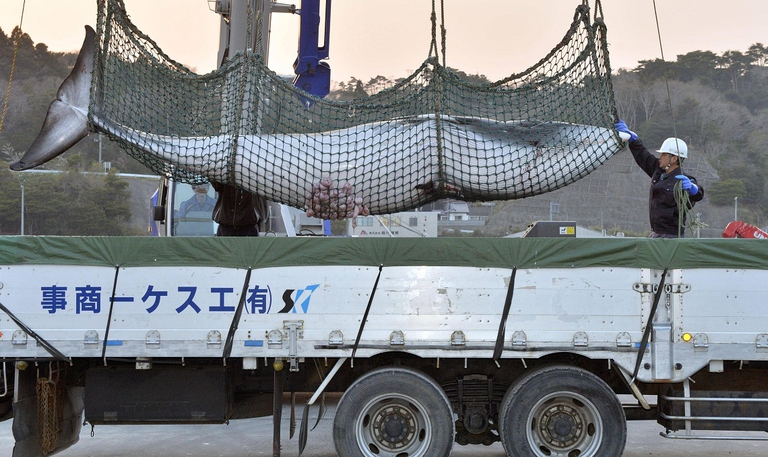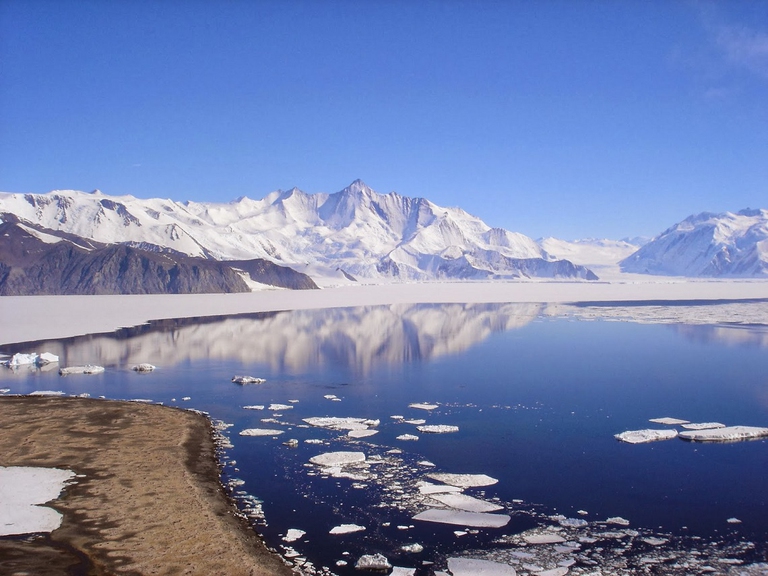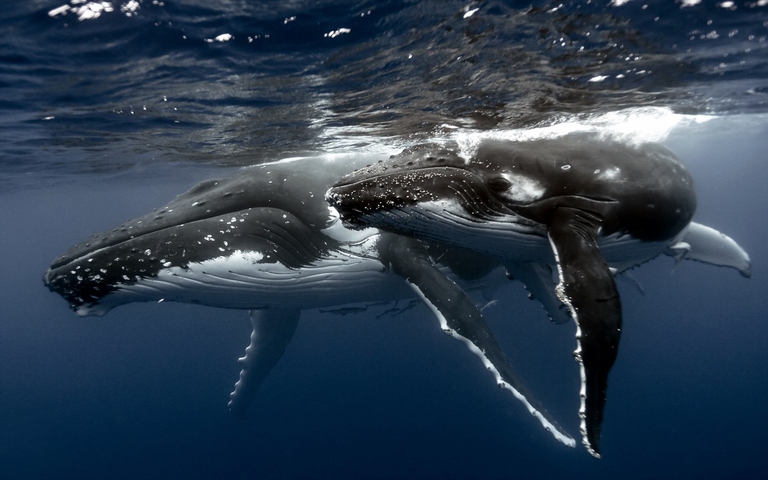
A group of experts in Tokyo suggested pouring radioactive water from Fukushima into the open sea. A marine biochemist explains the consequences of this absurd decision.
Una società baleniera giapponese dovrà pagare una multa di un milione di dollari per aver violato il Santuario dei cetacei dell’Oceano Antartico.
Although a moratorium on whaling was emanated by the International Whaling Commission (IWC) in 1986, Japan, alongside Iceland, Norway, and Faroe Islands, continues undismayed to kill these giant cetaceans, challenging the international community whilst pleading scientific purposes to hunt.
However, Japan definitely crossed the line. It hunted within Australia’s Antarctic whale sanctuary. An Australian court, following the charge by the animal-rights organisation Humane Society International (HSI), has fined the whaling company Kyodo Senpaku Kaisha 1 million dollars.
The fight against whaling within the sanctuary instituted in 1994 has been going on for years, whilst Japan has always contested the legality of the sanctuary itself, by regularly killing whales in it. In 2008, Australia denounced Japan to the International Court of Justice, issuing an injunction to cease the hunt within Australia’s exclusive economic zone, which extends for 200 nautical miles.
Japan breached the order though, by not recognising Australia’s sovereignty on questioned waters. However, the International Court of Justice established last year that whaling was conducted for economic purposes, rather than scientific.
From December 2008 to March 2014, the whaling company has killed a huge number of whales. Kyodo’s conduct in breach of the injunction was “deliberate, systematic and sustained,” reads the verdict issued by the judge of the federal court, Jayne Jagot.
Despite the fine, the injunctions and convictions, Japan has declared that “scientific whaling” will restart and will be conducted until 2017, reducing the annual amount to 333 whales.
Hunting is not the only threat to whales. Climate change, pollution, maritime traffic increase, and overfishing are significantly threatening the survival of many whale species. Therefore the question arises: why does Japan, despite the entire world’s opposition, continue to slaughter these peaceful and smart animals?
Siamo anche su WhatsApp. Segui il canale ufficiale LifeGate per restare aggiornata, aggiornato sulle ultime notizie e sulle nostre attività.
![]()
Quest'opera è distribuita con Licenza Creative Commons Attribuzione - Non commerciale - Non opere derivate 4.0 Internazionale.
A group of experts in Tokyo suggested pouring radioactive water from Fukushima into the open sea. A marine biochemist explains the consequences of this absurd decision.
The decline in grey and humpback whales in the Pacific and Atlantic Oceans has been traced to food shortages caused by rising ocean temperatures.
The United Nations has launched a major international alliance for ocean science, undertaking a mission close to all our hearts.
The cargo ship that ran aground off the coast of Mauritius on 25 July, causing incalculable damage, has split in two and its captain has been arrested.
100,000 mink will be culled in Spain after testing positive for coronavirus. Meanwhile, the Netherlands abandons mink farming completely.
The dog meat festival in Yulin – where ten thousand cats and dogs are butchered – is taking place this year, notwithstanding the coronavirus pandemic.
The largest coral reef in the world is severely threatened by climate change, but researchers are developing strategies that could contribute to saving the Great Barrier Reef.
Seychelles have extended its marine protected area, which now covers over 400,000 square kilometres, an area larger than Germany.
Norwegian oil giant Equinor had pulled out of drilling for oil in the Great Australian Bight, one of the country’s most uncontaminated areas. A victory for activists and surfers who are now campaigning for the area to be protected forever.










